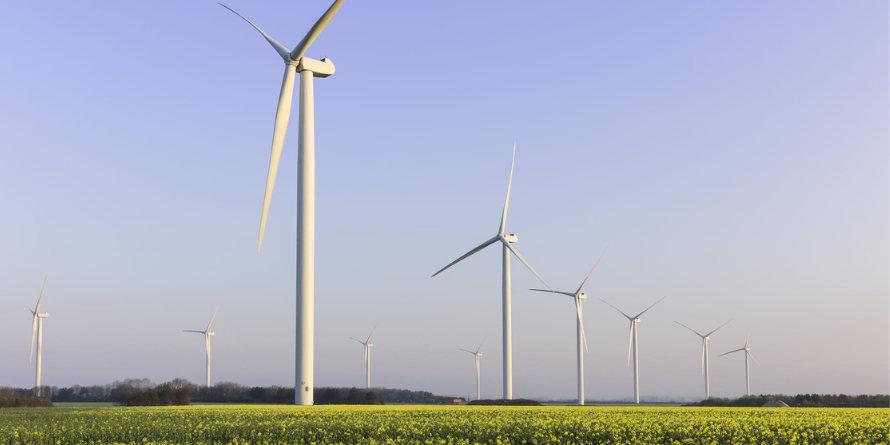Increased interconnector and battery storage capacity means the system operator expects to be able to meet electricity demand this winter.
In its early view of its Winter Outlook report, National Grid ESO said the de-rated margin in its base case scenario is 5.6 GW (9.4%), higher than the 4.4GW (7.4%) in last year’s outlook.
“As with previous winters, there may be some tight days where we need to use our standard operational tools, including the use of system notices,” it pointed out.
Although it said energy markets “show signs of stability” it added that uncertainties remain.
“We will continue to meet the challenge of reliably operating a changing electricity system as new technologies, and diverse forms of capacity, contribute to security of supply,” it said.
The ESO also said it was engaging with industry stakeholders to consider how its Demand Flexibility Service (DFS) service could evolve and will be publishing more information in the near future.
Read more

 United States
United States Australia
Australia





